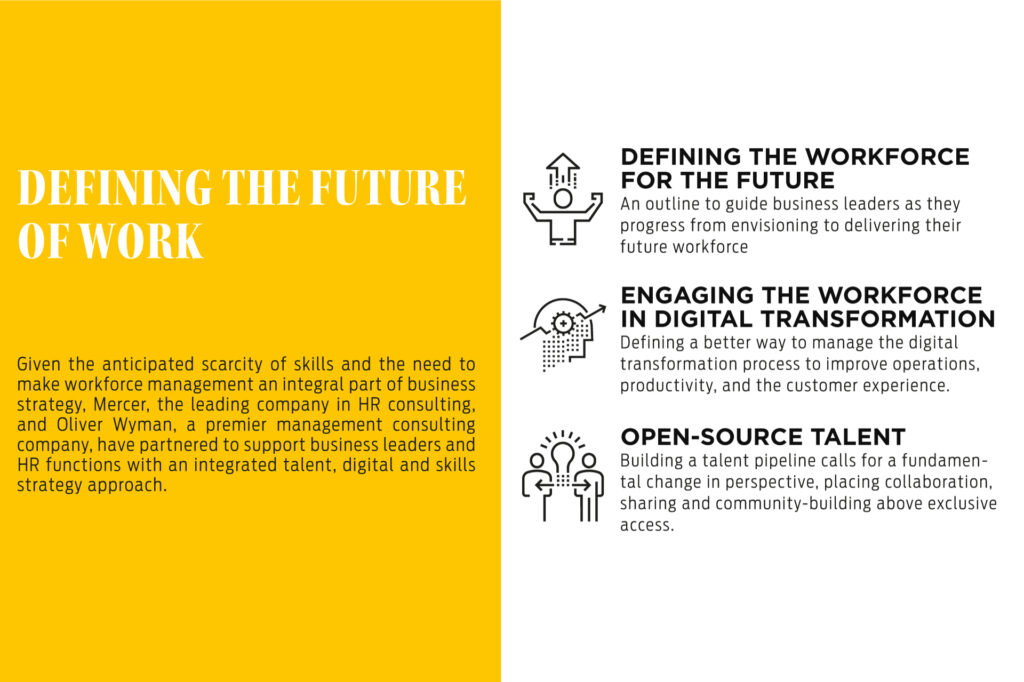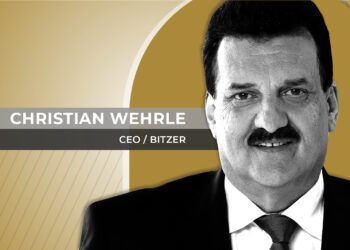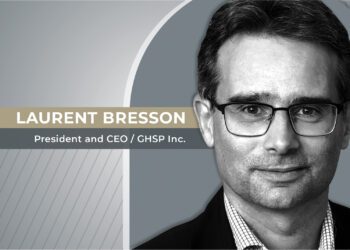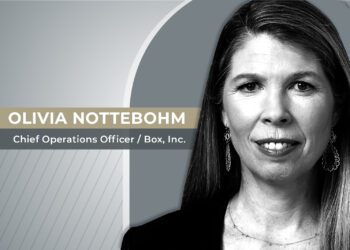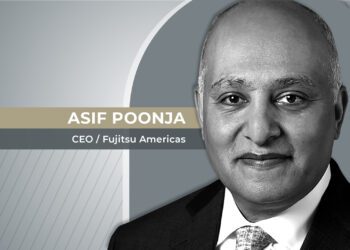Julio Portalatin, President and CEO of Mercer, sees a changing world constantly demanding innovative perspective.
There are countless markers of societal and corporate change in the world.
One sign that makes a real impression on Julio Portalatin, President and CEO of Mercer—the world’s largest human resources consulting firm—is a statistic he read stating that a child born in the developed world today has a more than 50% chance of live to 100 years old.
The question confronting Portalatin is what this means for the global workforce, and how Mercer can help its clients face the longevity boom amid rapid technological shifts and the need for workers with new skills.
“Our company is in a pivotal place right now because society is in a pivotal place,” Portalatin says. “We’re living longer, and the future of work is linked to how innovatively we can manage retirement security on the one hand and technology on the other. We’re excited because there’s no better place to be than in an organization that prides itself on trying to solve these kinds of things.”
Headquartered in New York City, Mercer is a subsidiary of global professional services firm Marsh & McLennan. Mercer’s $4.5 billion in FY2017 revenue represented 32% of the parent company’s consolidated revenue.
With more than 22,000 employees around the world, Mercer is based in more than 40 countries and offers services internationally in 130 more. Portalatin took on the role of President and CEO in 2012 and says he was inspired precisely by the unique intersection of technology, innovation and human longevity of today’s changing labor market.
Mercer offers a wide range of human resources services. Clients turn to the company for intellectual capital, survey data, workforce analytics, the matching of assets and liabilities, along with the development of investment strategies for pension programs and the design of health insurance and benefits programs.
As such, Portalatin takes a broad view of Mercer’s mission, particularly in how it relates to the financial security of future generations whose professional lives will be considerably different than those of their forebears.
“There’s a great need to bring lifetime financial security solutions to employees, since many of them face a precarious future,” he said.
“As CEOs we have to step up and act as the orchestrator of these solutions in order to bring society forward, our corporations forward and our employees forward. Mercer has been in the business of doing this for over 70 years.”
As it moves to tackle these challenges, Mercer has been seeking ways to design programs to deal with the affordability, accessibility and quality of outcomes for its clients, with a view to becoming an aggregator of digital capacity and capabilities that offer clients a seamless value stream of offerings.
“We think of things that clients really need now and then design solutions based on not just that, but also what they’re likely to need in the future. Our competitors also try to understand client needs and deliver. But do they take the extra step of trying to recognize broader needs within the industry and work on solutions that aren’t top-of-mind and need to be addressed?”
The technology of the future


As AI and innovative technology continue to evolve, Portalatin says that Mercer is continually scanning the market and trying to envision the future, particularly around analytics and digital transformation and how they relate to their customers’ experience.
To this end, Mercer has built a number of strategic partnerships in the past couple of years, as well as appointing a Chief Digital Officer, Gail Evans, to ensure the company is capitalizing on its potential to deliver technological solutions.
“Whether it’s Thomsons Online Benefits—which we acquired in 2016 and which brought us its Darwin technology across 85 countries—or Sirota, which brings state-of-the-art solutions to employee engagement, we select our acquisitions carefully and are always looking for ways to improve,” Portalatin said.
“We don’t look at these solutions just externally for our clients, but also internally for ourselves. We work very hard with our intellectual capital research that we do across the globe to make sure we’re always pushing for a better way to do things.”
“We have innovation hubs around the world where we’re developing new solutions both for our clients and to support our consultants,” he added.
“We’re constantly looking for the best players in our core existing businesses, as well as AI, robotics, and digital, and that really keeps us thinking about the future. All this impact is also felt by workers, of course, and our ability to deliver solutions for them is incredibly important.”
Crucial partnerships
Portalatin also points to recent strategic partnerships, such as one the company has with PayScale, which have enabled Mercer to move into new markets as well as reimagine and digitize its compensation data offerings, bringing them to many parts of the world in a digitized way.
He views such partnerships as crucial to Mercer’s ability to be able to tackle new openings in the marketplace in a rapidly evolving business landscape.
“In both cases, these partnerships enable us to grow and understand more about where our future investments should lie. Other non-traditional partnerships also rely on co-creating with other companies, such as the Mercer Premier Platform which we partnered on with Salesforce. It has been in place for the past year and the results to date have been very exciting.”
Ultimately, Portalatin views Mercer as a company prepared to meet the challenge of growing, innovating and adapting as quickly as the world around it, while also promoting positive values that he hopes will help its employees and clients adjust to such change.
“There’s a saying I really like, which is that when everything is said and done, today is likely to be the slowest day of our lives,” he said. “When you think about that, there is a lot of responsibility for an organization to help its employees and clients to move through that rapid continuum of change and bring some degree of certainty as to what that future means for them and their families. It motivates us all the time.”
Portalatin also cited some elements of CEO leadership that are “more important than ever before. CEOs must recognize, understand and articulate clearly, and ensure that everybody is executing around purpose, around mission and around values.
“It’s more important than ever that when your people walk through the doors of their organization, they can feel like they are attached to something that is purposeful.”
“At Mercer, when we talk about our purpose, we talk about making a difference in people’s lives— especially in the moments that matter most.”


